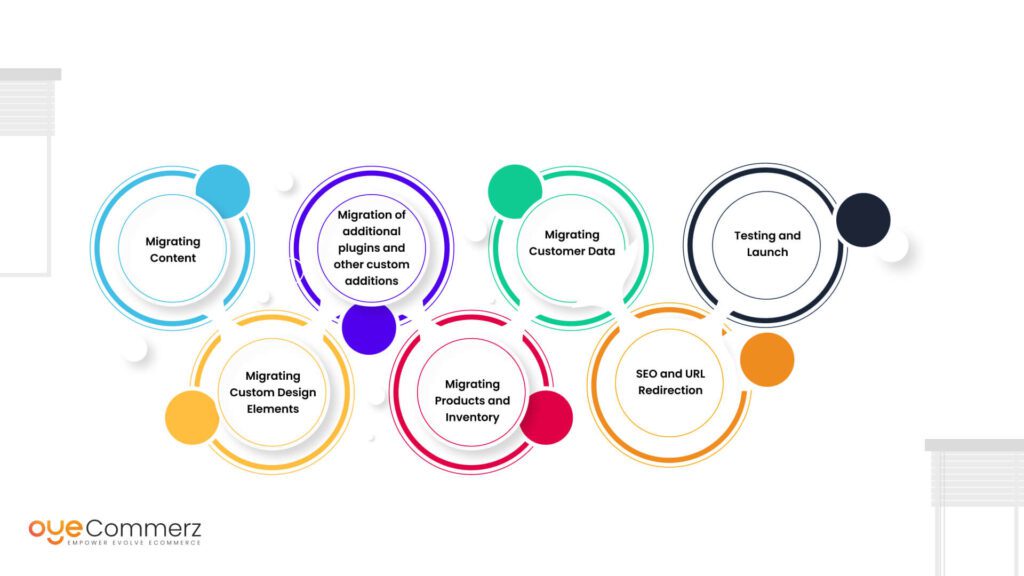In the constantly changing sphere of eCommerce, selecting the best solution is vital for your business's growth. If you’re presently using WP and planning a migration to an alternative, you’re not the only one. Countless businesses are switching to leverage Shopify’s robust capabilities, user-friendliness, and expandability. This guide will take you through the steps of migrating from WordPress to this platform effortlessly, making sure that you achieve your online retail potential.
Why Transition from WP to this platform?
Ahead of diving into the migration procedure, it’s crucial to know why this shift can be beneficial for your online store:
User-Friendly Interface: Shopify features an intuitive interface that streamlines store handling, making it easier for non-technical users.
Flexibility: As your business develops, Shopify can accommodate higher traffic and transactions without sacrificing efficiency.
All-in-One Solutions: Shopify provides pre-installed tools for search engine optimization, analytics, payment handling, and more, reducing the necessity for several plugins.
Advanced Safeguards: With Shopify, you utilize robust security measures that safeguard confidential customer information.
Steps for a Smooth Migration
Migrating your online store from WP to Shopify involves several phases.
Here’s steps to achieve a hassle-free transition:
Prepare Your Migration Strategy
Start by outlining your migration blueprint. Decide on which elements of your existing site you want to move, such as:
Item details
User details
Transaction records
Posts
Choose the Right Migration Option
Based on your needs, opt for a migration service that suits your business. Migration experts provides various options:
Entry-Level Plan: Perfect for boutique stores with minimal products.
Regular Option: Appropriate for growing businesses with intermediate requirements.
Comprehensive Solution: Best for big stores requiring custom customization.
Backup Your Content
Before beginning the migration, make sure that you have a full archive of your WordPress site. This task is essential in situations where anything goes off track during the transfer.
Extract Your Content from WP
Utilize tools or manual methods to export essential content from your WP site:
Items
Clients
Transactions
Content pieces
Migrate Data into Shopify
When you have your information exported, use Shopify’s import tools or external apps to upload your content into your new store. Confirm that all data is accurately formatted and arranged.
Personalize Your Shopify Site
Once uploading data, customize your Shopify platform’s theme to align with your style. Look into hiring a specialist if you require advanced built-in Shopify tools customization.
Configure Checkout Systems and Logistics
Set up billing solutions and shipping settings in Shopify to facilitate a seamless checkout experience for customers.
Apply Search Engine Optimization Best Practices
To preserve your search engine rankings during the change:
Use plan your Shopify migration 301 redirects from existing URLs to updated ones.
Revise metadata.
Enhance images and text for SEO.
Review Your New Shop
Before launching, completely check your migrated store. Look out for any errors, transaction errors, or untransferred content.
Publish Your Store
When everything is in place, it’s time to go live! Share the transition to your customers and motivate them to experience the new features of your Shopify store.
Post-Migration Guidance
Following releasing your Shopify store, ongoing support is essential. Explore partnering with experts who can assist with:
Technical support
Marketing strategies
Improvement strategies
Conclusion
Migrating from WordPress to this platform can be a crucial move for your digital business. By using this guide and working with experts like those offered by dedicated providers, you can ensure a smooth transition that enhances your business potential. Accept the shift and discover the advantages of Shopify today!
